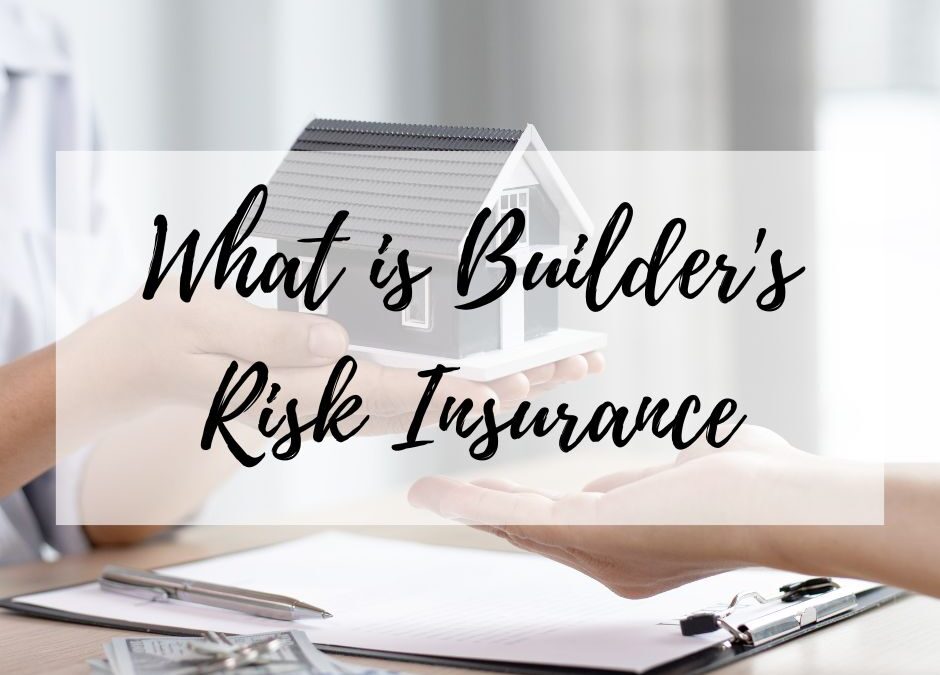Builder’s risk insurance helps protect buildings under construction. For a home builder, it minimizes the risk that they take for potential property damage that could occur during the construction on a property. A construction project is protected from property damage from fire, lightning, hail, explosions, theft, vandalism, and natural disasters.
Who needs it?
Builder’s risk insurance is needed by anyone that has a financial interest in the construction project. This includes the property owner, builder, general contractor, subcontractors, and any lender providing financial investment in the project. It is always a good idea to make sure you are covered so that you are not personally liable in case something happens.
What does it cover?
The builder’s risk insurance policy covers buildings under construction and protects the materials, supplies, and equipment. Another aspect of the building that it covers is any delay that may be caused by property damage. This includes lost sales, rental income, additional interest on loans, and real estate taxes. Every policy is unique and can be customized to fit the project’s needs.
What does it exclude?
Depending on the area of the build, there may be coverage exclusions. Areas that have natural disasters are typically excluded. An extension may be added to the policy to help protect against these risks. More exclusions are wear and tear, acts of terrorism and war, employee theft, rust and corrosion, mechanical breakdowns, damage from faulty design, planning, workmanship and materials, and engineers.
How much is it?
The cost of a builder’s risk insurance policy can vary based off what is outlined in the coverage. The overall cost depends on the location, construction materials, type of project, and the policy details of what is covered. When choosing the right policy, the coverage limits should equal the anticipated cost of construction. This means the higher the cost of a project, the higher the insurance rate could be. The coverage ends once the construction project is complete or the term on the policy expires.

